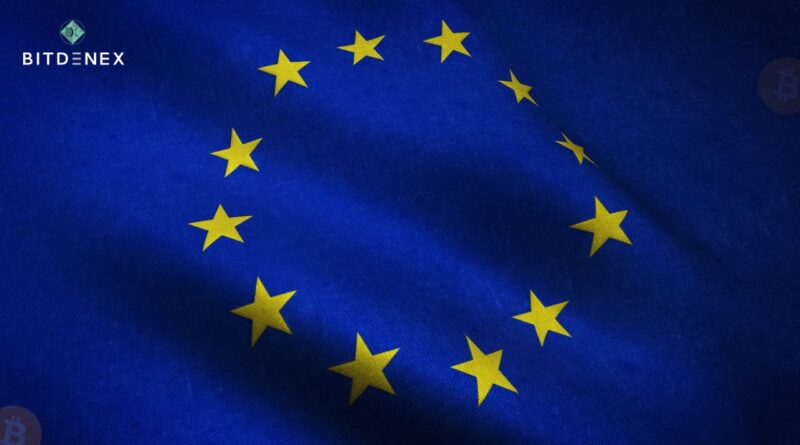European Nations Synchronize for Launch of Digital Euro
The idea of Central Bank Digital Currencies is at the heart of this technological revolution, which is spreading over Europe like a gust of wind. The story of digital currencies is reverberating loud and clear from the lonely reaches of Ireland to the beautiful beaches of Spain.
The Digital Euro: Prototype Slated for 2023
Ireland, as a member of the Eurozone, is working closely with other nations, including Spain, France, and Italy, to investigate the possibilities and ramifications of releasing a digital euro.
The European Central Bank (ECB), the primary driving force behind the digital euro’s construction, is using the resources and experience of individual Eurozone nations to produce retail and wholesale versions of the currency. “The euro is the most visible manifestation of European integration.” Citizens really cherish and rely on it. “We look forward to continuing our collaboration with other EU institutions towards a digital euro to ensure that our currency is fit for the digital age,” ECB President Christine Lagarde said.
Spain has taken a proactive stance towards the digital euro. For example, Banco de Espaa has detailed a strategy plan for investigating the potential effects on the Spanish economy and financial systems. Meanwhile, Fabio Panetta, a member of the European Central Bank’s Executive Board, emphasized the necessity of having the digital euro available “just like cash.”
“The digital euro is an essential step in ensuring that our monetary system keeps pace with digital advances.” It will be publicly available and simple to use, while still preserving privacy.” The digital euro was successfully tested in a collaborative effort including the Estonian Central Bank, the ECB, and other Eurozone members.
Spain has taken a proactive stance towards the digital euro. For example, Banco de Espaa has detailed a strategy plan for investigating the potential effects on the Spanish economy and financial systems. Meanwhile, Fabio Panetta, a member of the European Central Bank’s Executive Board, emphasized the necessity of having the digital euro available “just like cash.”
“The digital euro is an essential step in ensuring that our monetary system keeps pace with digital advances.” It will be publicly available and simple to use, while still preserving privacy.” The digital euro was successfully tested in a collaborative effort including the Estonian Central Bank, the ECB, and other Eurozone members.
CBDC Europe: The Digital Revolution Began
Andorra has also jumped headfirst into the CBDC craze. In 2022, it announced a “Digital Assets Bill” to govern digital assets and create a national CBDC. Montenegro has followed suit, intending to test a CBDC prototype in 2023 in conjunction with Ripple.
Germany is more conservative than Italy and Austria in terms of research and experimentation. Regulators are carefully weighing the benefits, drawbacks, and hazards. The country’s banking industry, on the other hand, sees the potential, seeing a digital euro as necessary for future monetary sovereignty and digital development.
According to research on consumer payment attitudes, cash payments at point-of-sale (POS) terminals in the Eurozone have decreased significantly. POS usage fell from 79% in 2016 to 72% in 2019 to 59% in 2022. Meanwhile, card payments have increased. Their utilization increased from 19% in 2016 to 25% in 2019 and will reach 34% of POS transactions in 2022.
Upgrading the Current Financial System
However, not all European countries are as enthusiastic about CBDCs. The Swiss National Bank (SNB) is sceptical about the merits of a national CBDC. Andrea Maechlerciting, a member of the governing board, stated that there is “no compelling advantage” to its issuance. Nonetheless, the SNB has actively participated in cross-border CBDC projects, including a pilot with France, Singapore, and the Bank for International Settlements.
The Netherlands, on the other hand, is at the forefront of research and development. It finished the first part of its exploratory process and announced ambitions to build a digital euro in the following two years. Denmark, on the other hand, argues that its existing digitized system eliminates the need for a retail CBDC. Despite studying worldwide CBDC trends, the Czech National Bank finds more value in updating its current payments infrastructure.
Buy and sell crypto in minutes with 0.20% trading fees at Bitdenex Exchange.

